#Robert l. frank
Explore tagged Tumblr posts
Text
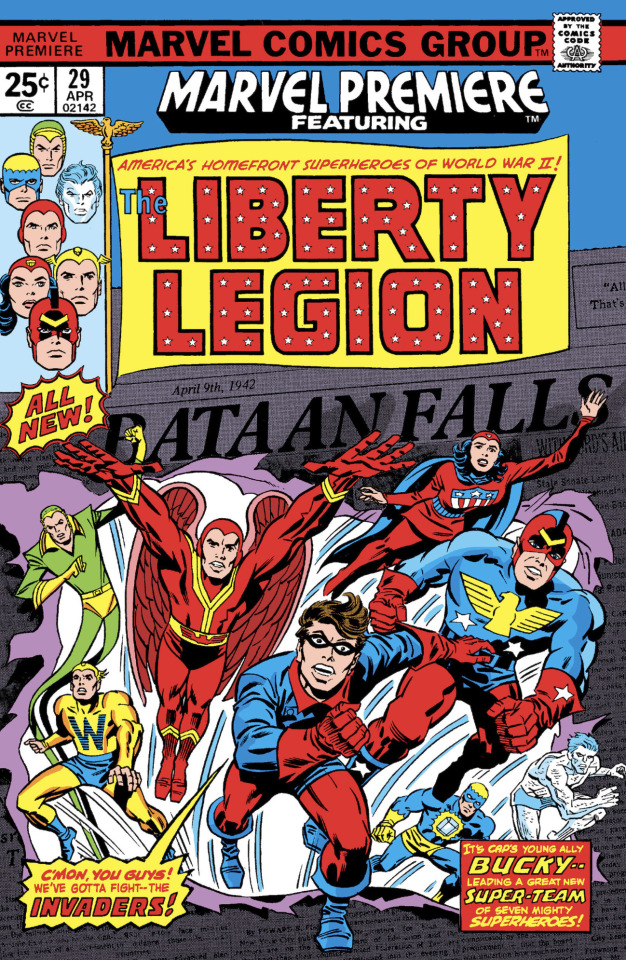
Marvel Premiere #29
#marvel premiere#the Liberty legion#bucky#james buchanan bucky barnes#the patriot#jeffrey mace#the blue diamond#Elton t. morrow#the whizzer#Robert l. frank#miss america#Madeline Joyce#the thin man#bruce Dickson#the red raven#jack frost#world war two#jack kirby#marvel comics#comics#70s comics#bronze age comics
17 notes
·
View notes
Text
The Wonderful Wizard of Oz with illustrations by Robert Ingpen (2011)



























such lovely, delicate illustrations.
110 notes
·
View notes
Text
Kansas Governor DILFs










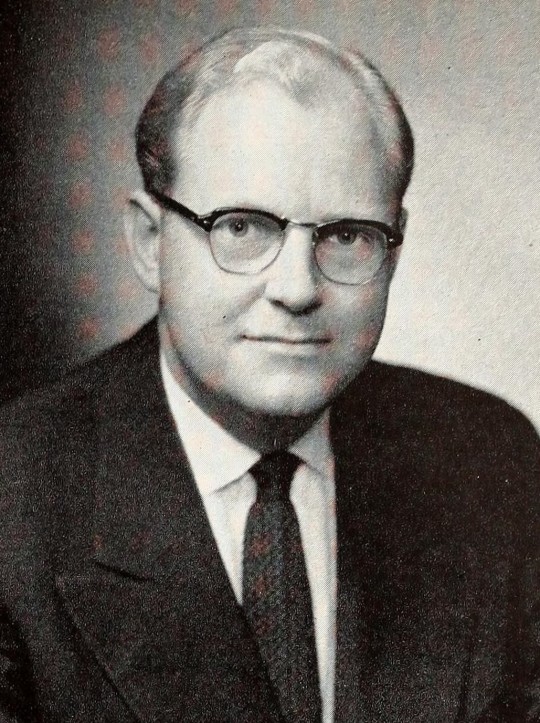
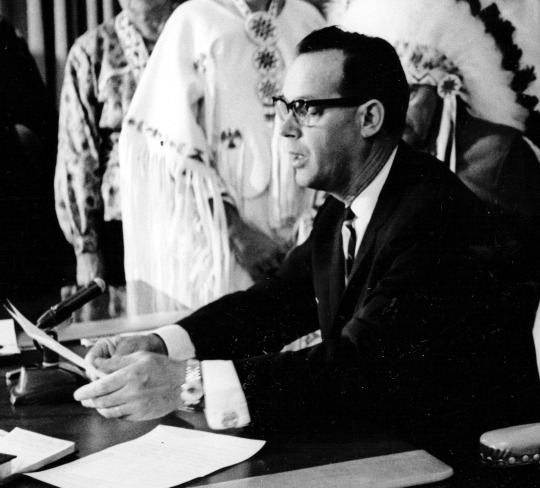






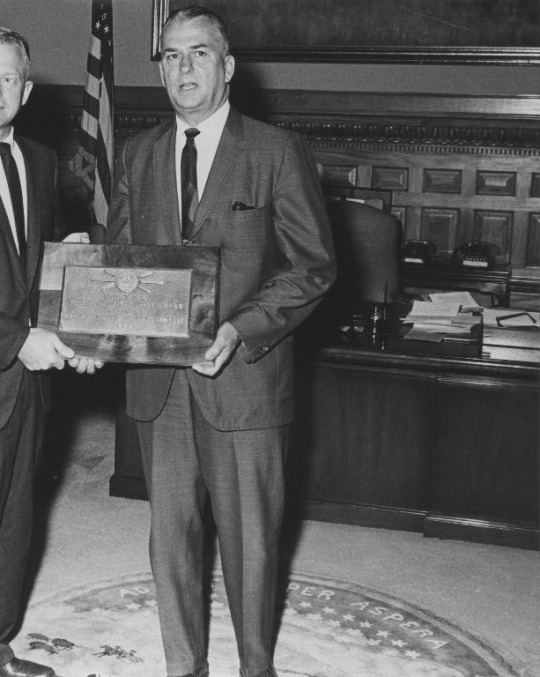
Bill Graves, Frank Carlson, Jeff Colyer, Frank L. Hagaman, Robert Docking, George Docking, Andrew Frank Schoeppel, Edward F. Arn, John W. Carlin, John McCuish, Fred Hall, John Anderson Jr., Mark Parkinson, Alf Landon, Mike Hayden, Sam Brownback, Payne Ratner, William H. Avery
#Bill Graves#Frank Carlson#Jeff Colyer#Frank L. Hagaman#Robert Docking#George Docking#Andrew Frank Schoeppel#Edward F. Arn#John W. Carlin#John McCuish#Fred Hall#John Anderson Jr.#Mark Parkinson#Alf Landon#Mike Hayden#Sam Brownback#Payne Ratner#William H. Avery#GovernorDILFs
25 notes
·
View notes
Text


Goodfellas - Tapestry Hoodie
#1 of 50#Nick Scacchetti#hoodie#tapestry#jacquard#movie#goodfellas#Martin Scorsese#Wiseguy#Nicholas Pileggi#Ray Liotta#Robert De Niro#Joe Pesci#Paul Sorvino#Lorraine Bracco#Frank Vincent#Christopher Serrone#Michael Imperioli#Tony Sirico#Gina Mastrogiacomo#John Manca#Vincent Gallo#Frank Sivero#Samuel L. Jackson#Vincent Pastore#Chuck Low#Debi Mazar#crime#drama#gangster
18 notes
·
View notes
Text
We're putting away the costumes, wigs and stunt cables to celebrate the cast of CATWS! Day 5 is all about the people behind the characters.

Please tag @catws-anniversary if you are posting on Tumblr and @catws10 on Twitter, for us to reblog/retweet. If you post to the AO3 Collection, it will automatically be displayed and will be included in our daily masterlist(s). Tags for your post should include #CATWS10 and all your usual fic tags, warnings, etc.
Daily prompt timezones
Rules and FAQs
#catws10#ca:tws anniversary#fandom events#marvel events#chris evans#sebastian stan#scarlett johansson#anthony mackie#frank grillo#robert redford#samuel l jackson#emily vancamp#mcu cast#prompt list#march 30 prompts
15 notes
·
View notes
Text
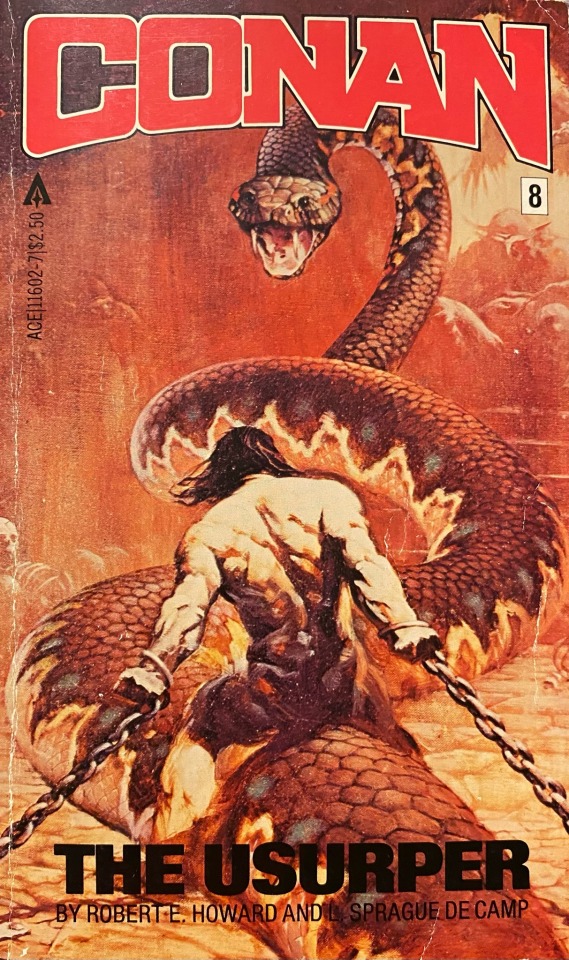
“Conan the Usurper” by Robert E. Howard and L. Sprague de Camp (1967)
Cover art by Frank Frazetta
66 notes
·
View notes
Text



W A T C H I N G
#COPSHOP (2021)#GERARD BUTLER#FRANK GRILLO#ALEXIS LOUDER#TOBY HUSS#Chad L. Coleman#Ryan O'Nan#Jose Pablo Cantillo#Kaiwi Lyman#Robert Walker Branchaud#ACTION THRILLER#Watching#JOE CARNAHAN
20 notes
·
View notes
Text
What will it be like if Digimon Adventure 02 had a "Neverland" arc?
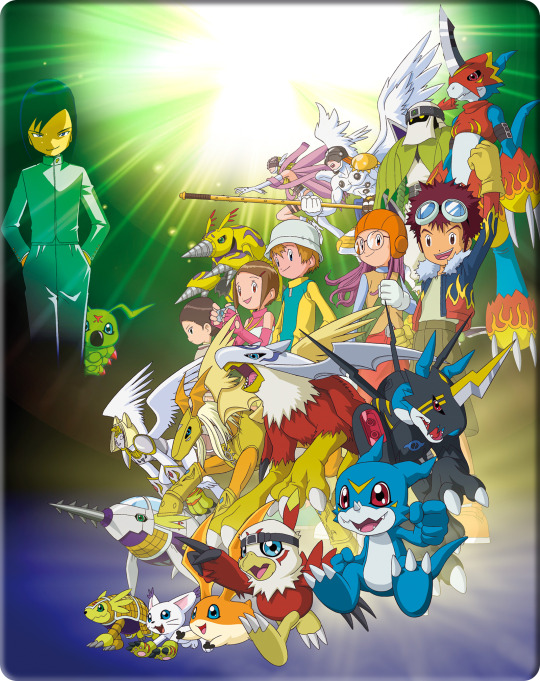
If that was the case, we see a crossover with Digimon and Peter Pan. Plus, if Digimon paid tribute to classic literature, poetry, and drama, the arc would've featured original texts and dialogues from these great authors of all time.
William Shakespeare

Hans Christian Andersen

The Brothers Grimm
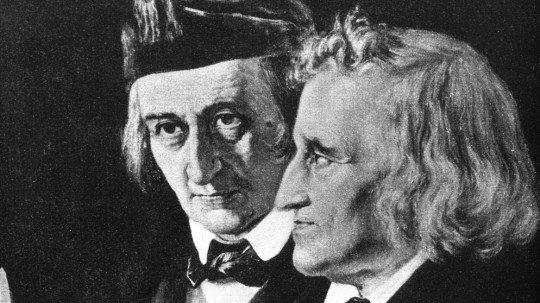
Rudyard Kipling
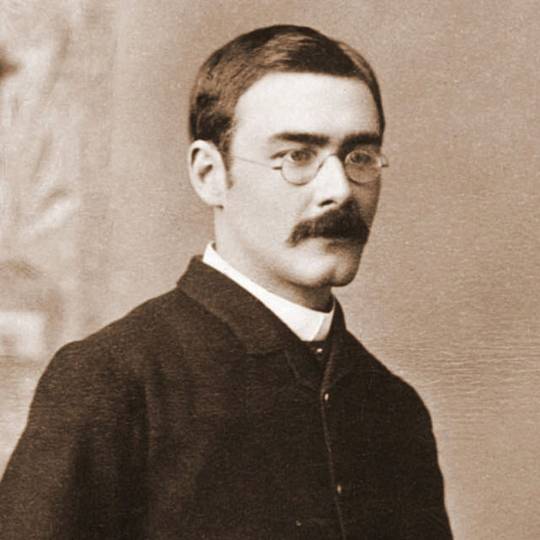
Victor Hugo
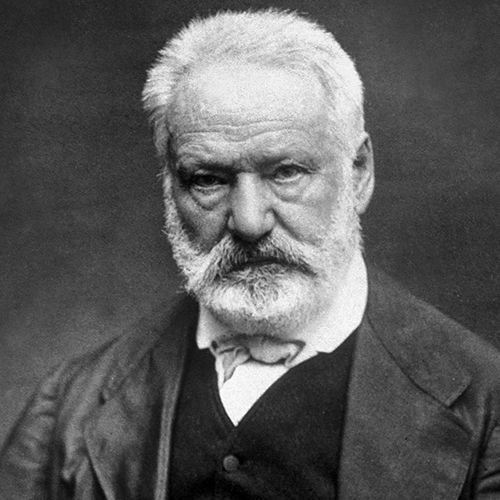
Jules Verne
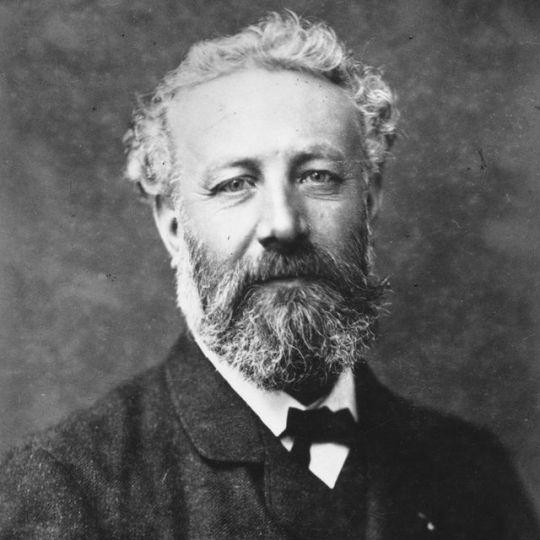
Arthur Conan Doyle
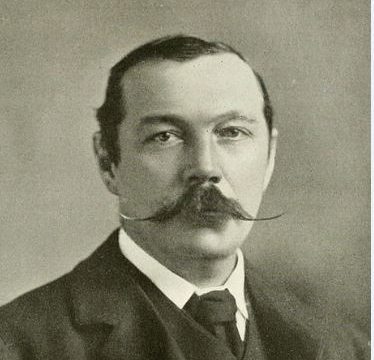
Edgar Allen Poe
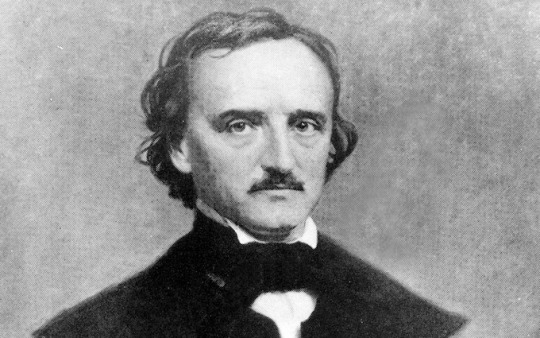
Robert Louis Stevenson
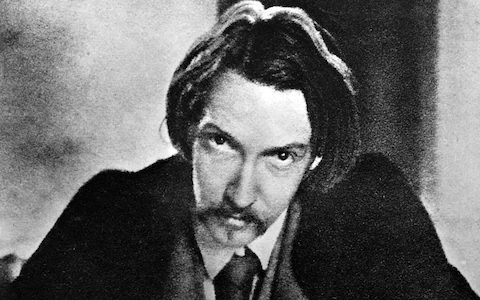
Charles Dickens

H.G. Wells
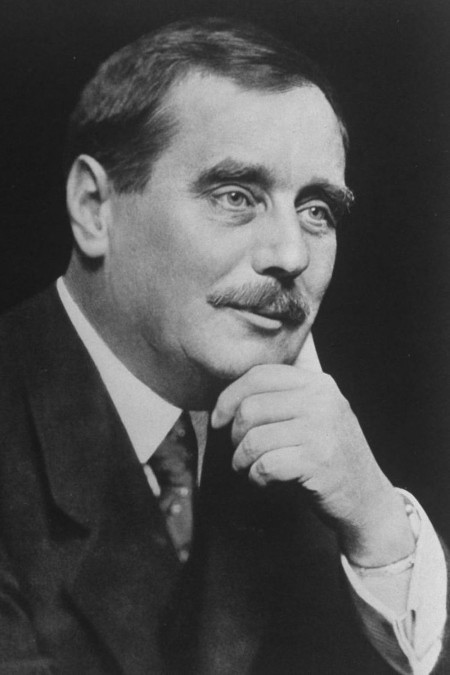
A.A. Milne
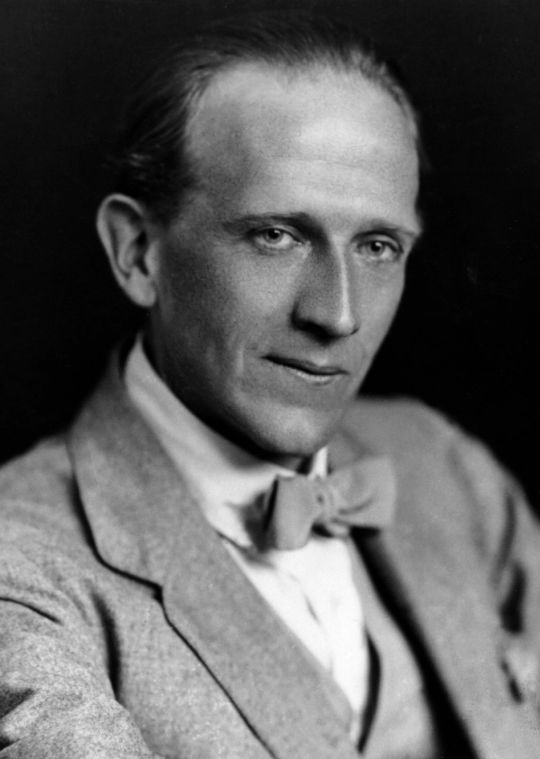
L. Frank Baum
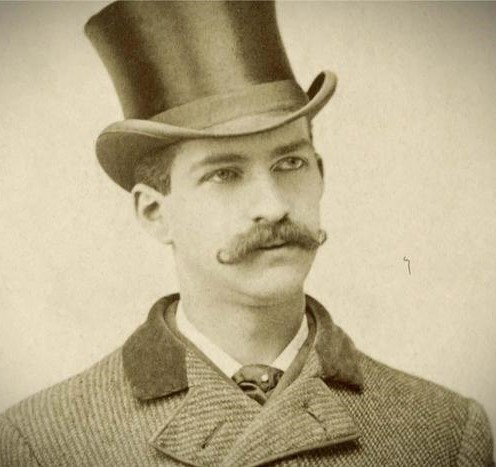
Lewis Carroll
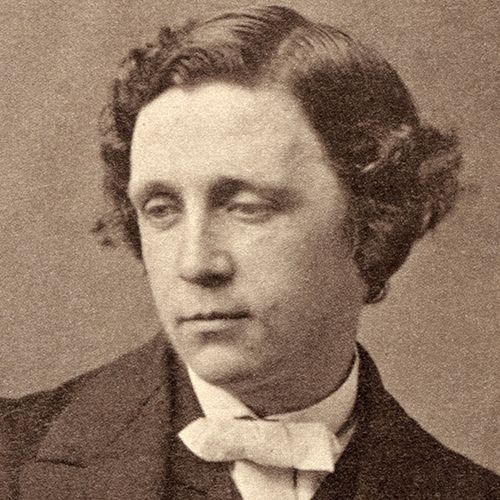
J.M. Barrie
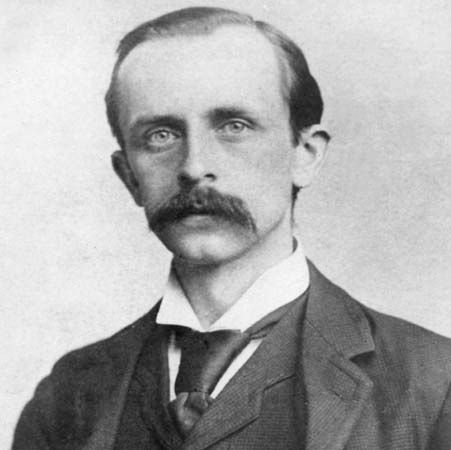
Imagine the astonishing adventures the DigiDestined and their friends will have if they encounter Peter Pan and travelled to Never Never Land. I figure it would've been amazing to introduce kids to the world of literature through the stories and characters created by these brilliant writers.
#digimon#digimon adventure#digimon adventure 02#digimon 02#digimon adventure zero two#digimon zero two#writers#writers and poets#playwright#poet#william shakespeare#hans christian andersen#the brothers grimm#rudyard kipling#victor hugo#jules verne#arthur conan doyle#edgar allen poe#robert louis stevenson#charles dickens#h.g. wells#a.a. milne#l. frank baum#lewis carroll#j.m. barrie
4 notes
·
View notes
Photo

THE WINTER SOLDIER 2014
Most of the intelligence community doesn't believe he exists. The ones that do call him the Winter Soldier. He's credited for over two dozen assassinations in the last 50 years.
#marvel#captain america#the winter soldier#2014#favoured#chris evans#scarlett johansson#samuel l. jackson#robert redford#sebastian stan#anthony mackie#cobie smulders#frank grillo#emily vancamp#hayley atwell#toby jones#jenny agutter#maximiliano hernandez#garry shandling#georges st pierre
16 notes
·
View notes
Text
My father have gifted me this old wizard of oz pop up book from my childhood, and wow! wow! wow! Is this thing detailed, the art style is so nice to look at, and the pop up functions thingys are so nicely done it looks animated. I honestly love it so

JUST LOOK AT THAT IT'S AMAZING
#I just love it so much I wanted to share it#art#pop up book#the wonderful wizard of oz#cool things#l. frank baum#Robert Sabuda
9 notes
·
View notes
Text
10 Books Read in my 26th Year
1. 'A Sloth's Guide to Mindfulness' by Ton Mak
2. '1984' by George Orwell
3. 'The Strange Case of Dr. Jekyll & Mr. Hyde' by Robert Louis Stevenson
4. 'The Wonderful Wizard of Oz' by L. Frank Baum
5. 'Pride and Prejudice' by Jane Austen
6. 'Catch-22' by Joseph Heller
7. 'Little Women' by Louisa May Alcott
8. 'The Old Man and The Sea' by Ernest Hemingway
9. 'The Death of Jane Lawrence' by Caitlin Starling
10. 'Dune: Messiah' by Frank Herbert
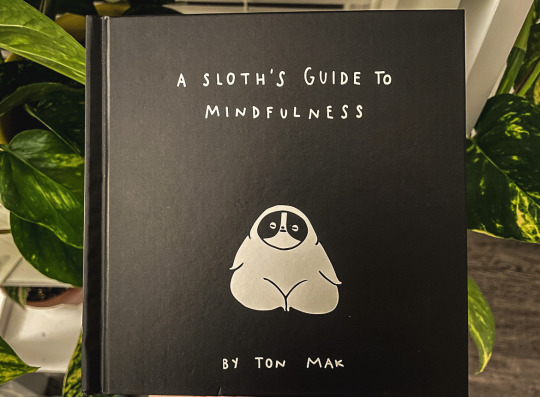




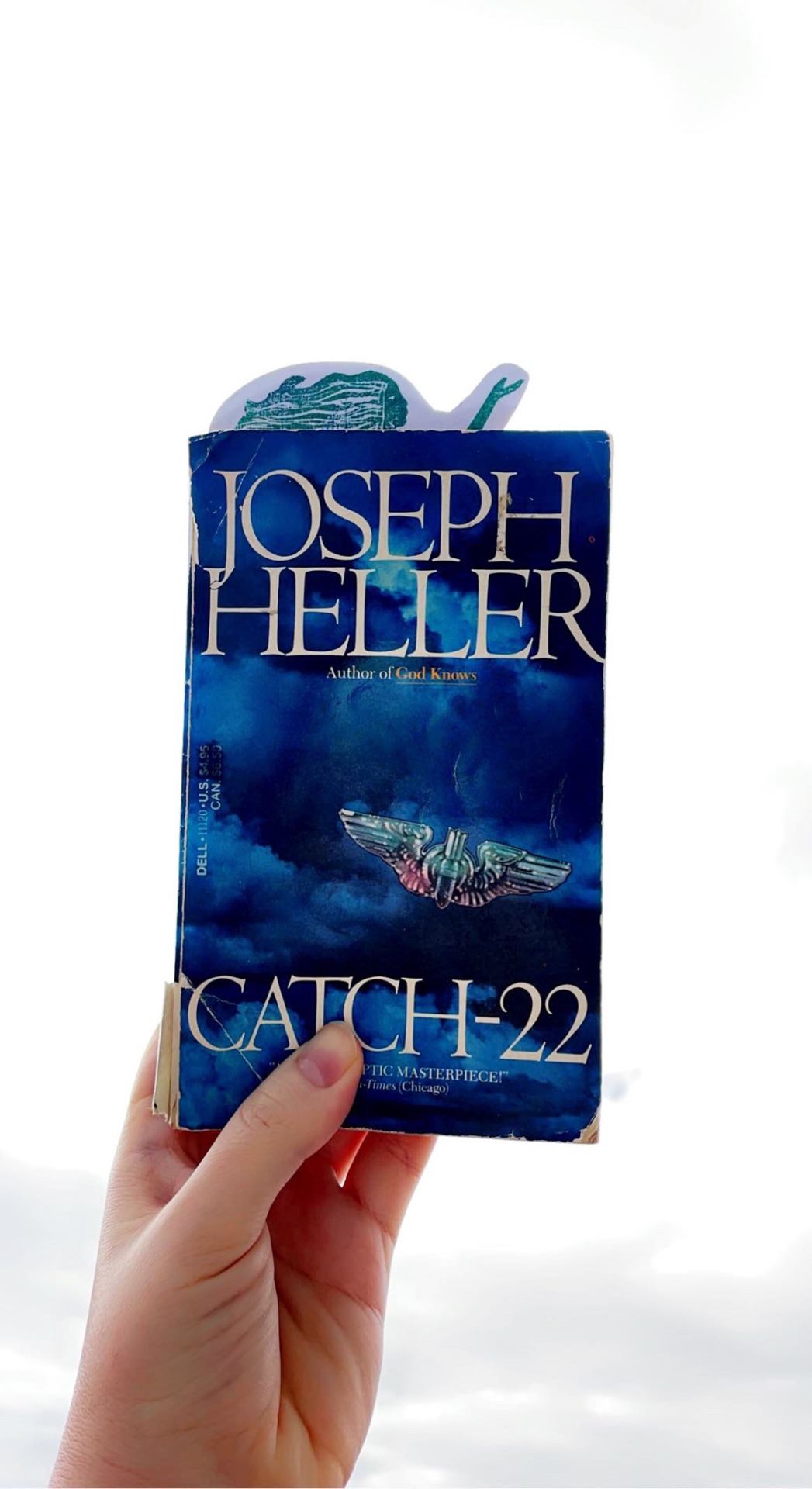



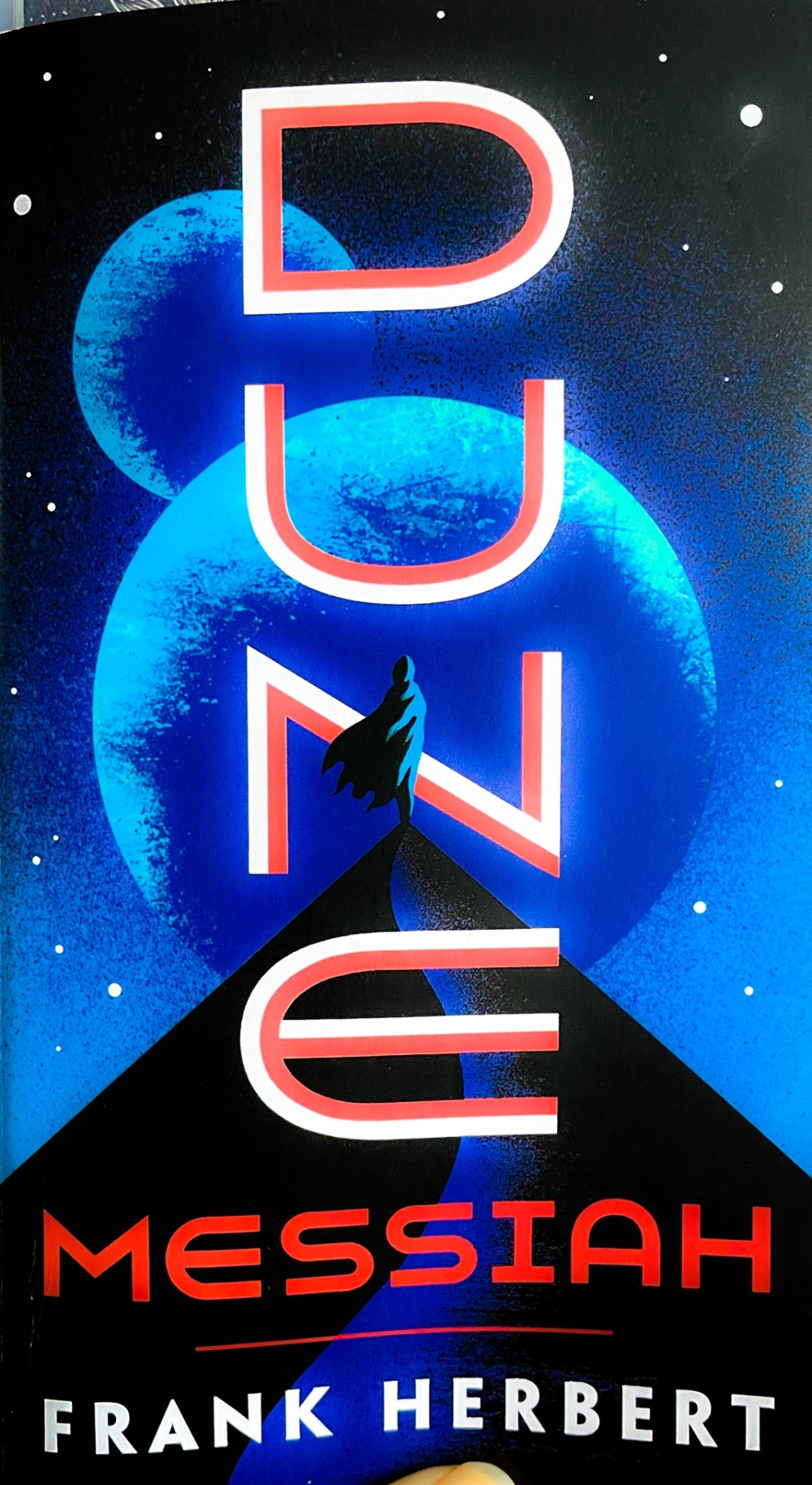
#book recommendations#a sloth's guide to mindfulness#ton mak#1984#george orwell#the strange case of dr jekyll and mr hyde#robert louis stevenson#the wonderful wizard of oz#l frank baum#catch 22#joseph heller#little women#louisa may alcott#the old man and the sea#ernest hemingway#the death of jane lawrence#caitlin starling#dune messiah#frank herbert#26th year
16 notes
·
View notes
Text

Sorry I don’t have time to stop and chit-chat, boys
#marvel premiere#the Liberty legion#the whizzer#Robert l. frank#train#fast#chit chats#world war two#roy thomas#don heck#marvel comics#comics#70s comics#bronze age comics
7 notes
·
View notes
Text





#rolling stone magazine#rolling stone#william koch#harold simmons#bob perry#jim davis#richard marriott#bill marriott jr.#edward conrad#frank vandersloot#steven lund#julian robertson jr.#john paulson#paul singer#robert mercer#kenneth griffin#l. francis rooney III#steven webster
0 notes
Text
Indiana Governor DILFs



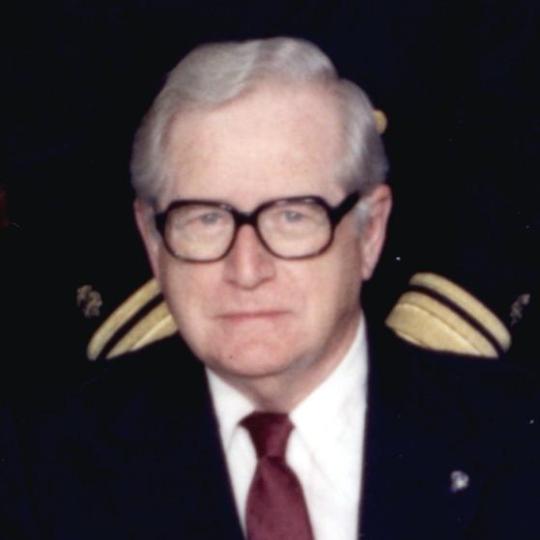


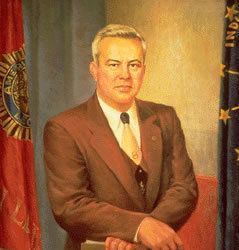
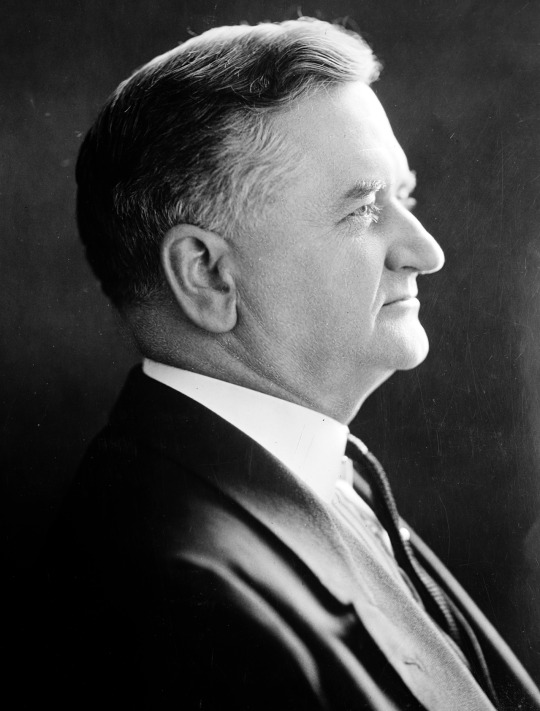
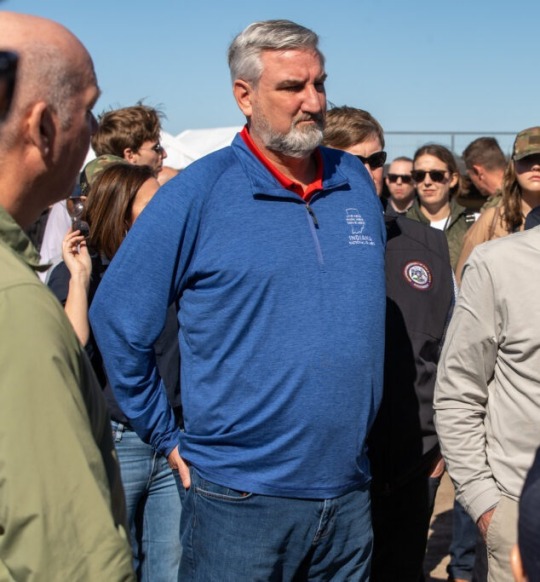


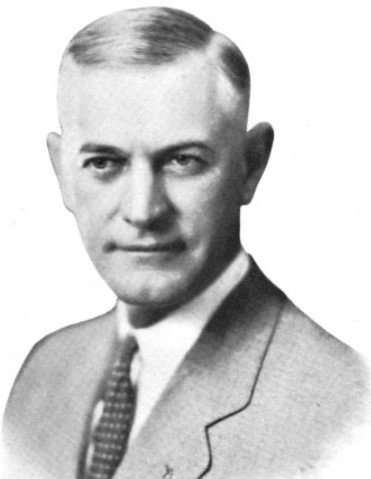

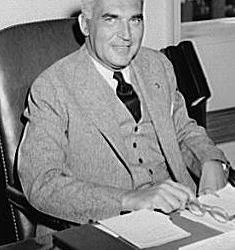



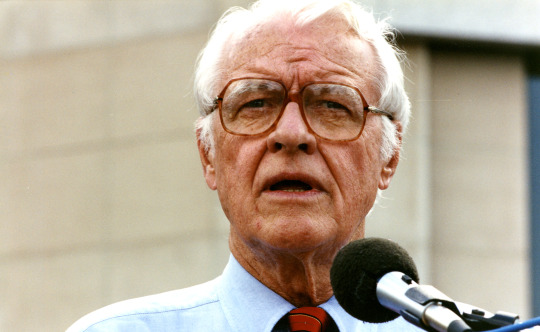
Frank O'Bannon, Mike Pence, Mitch Daniels, Otis Bowen, Evan Bayh, Edgar Whitcomb, George N. Craig, Edward L. Jackson, Eric Holcomb, Henry F. Schricker, Harold W. Handley, Harry G. Leslie, Joe Kernan, Paul V. McNutt, Matthew E. Welsh, Ralph F. Gates, Roger D. Branigin, Robert D. Orr
#Frank O'Bannon#Mike Pence#Mitch Daniels#Otis Bowen#Evan Bayh#Edgar Whitcomb#George N. Craig#Edward L. Jackson#Eric Holcomb#Henry F. Schricker#Harold W. Handley#Harry G. Leslie#Joe Kernan#Paul V. McNutt#Matthew E. Welsh#Ralph F. Gates#Roger D. Branigin#Robert D. Orr#GovernorDILFs
31 notes
·
View notes
Text
Books by “B” Authors I own and Need to Read Part 2




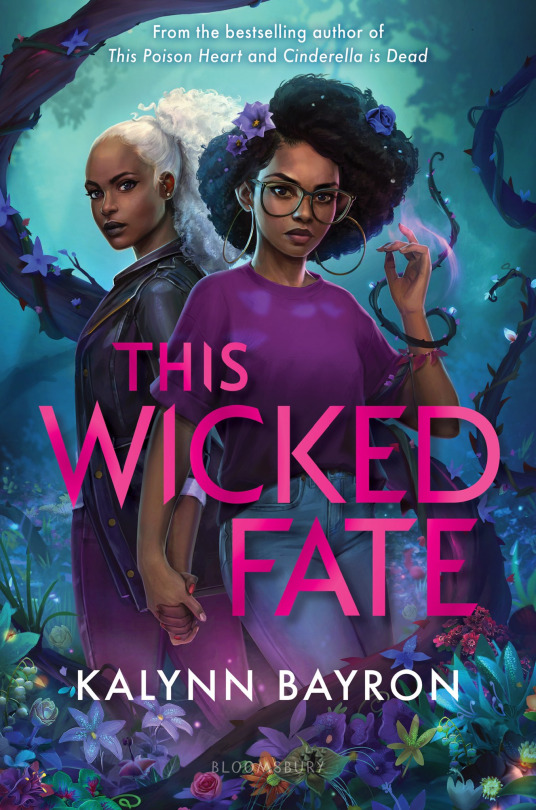
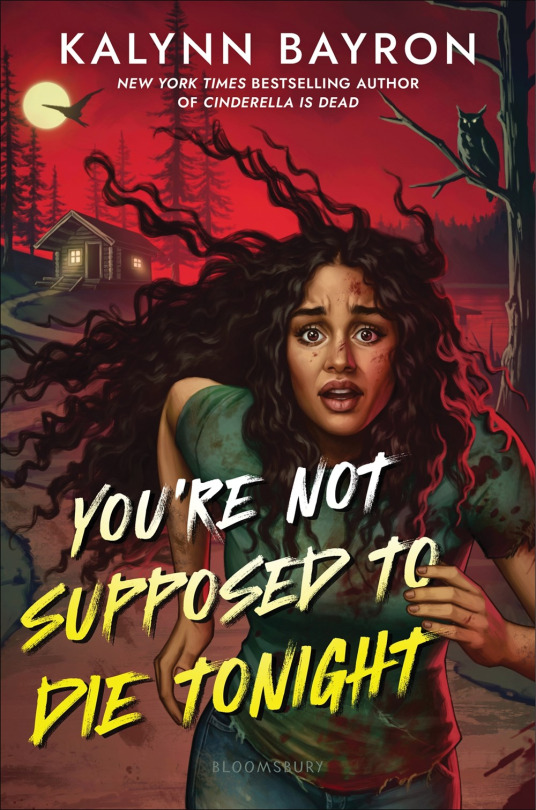






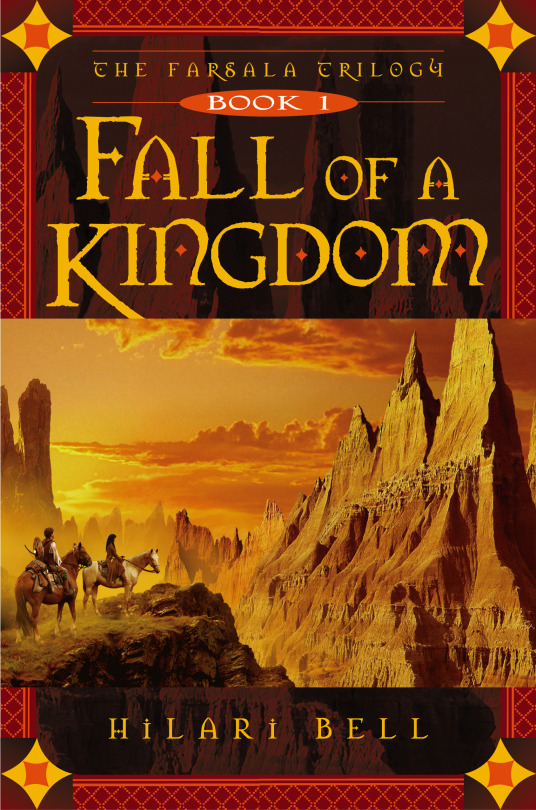
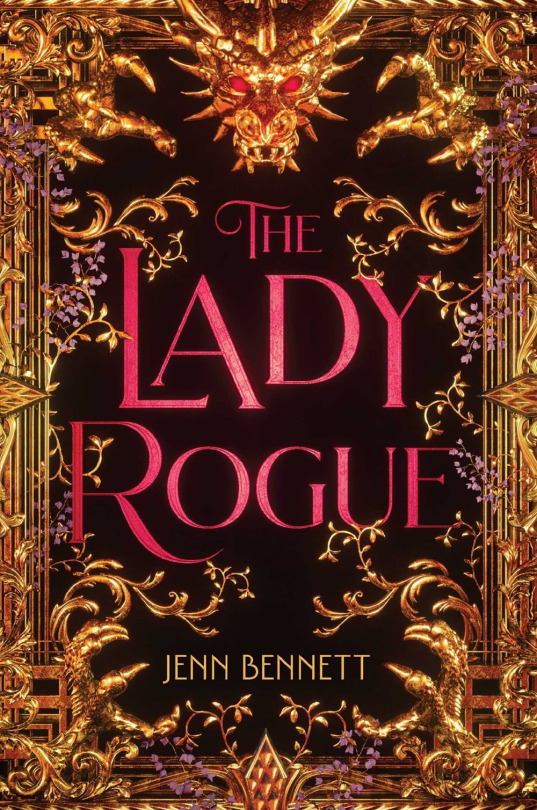
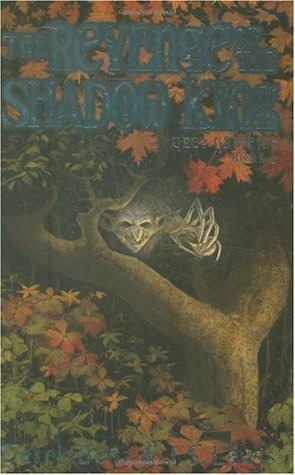

#self tbr shaming#booklr#also i often times pick up very random books#i love finding random books#maybe someone else will spot a random book in these lists#and enjoy it#also i do hope to actually encourage myself to be a tad more poractive in my reading#L. Frank Baum#Nina Bawden#Kalynn Bayron#Peter S. Beagle#Elizabeth Bear#Greg Bear#Robert Beatty#Hilari Bell#Jenn Bennett#Derek Benz
0 notes
Text
The Futility Of The Fermi Paradox
You know the drill, it goes all the way back to Star Trek TOS.
The Drake Equation is a mathematical formula for estimating the number of intelligent alien civilizations humanity could communicate with.
Props to Dr. Frank Drake for being the first to give this topic some serious thought.
And props to him recognizing it’s impossible to derive an answer from it.
That hasn’t stopped science-fictioneers and popular science writers from speculating, or folks like Enrico Fermi from asking, “Where is everybody?”
Bottom line: We have a single reference point.
Us. Our civilization. This planet. This solar system. This galaxy.
Trying to extrapolate from that is like trying to figure out how to circumnavigate the world by sea using a thimble of water as our model.
In other words, utterly futile.
There’s a lot of unknowns rendering the Drake equation pointless and the Fermi Paradox pointlessness squared.
We know nothing about the conditions required for life to originate.
A current assumption is that evolution got an impetus thanks to lunar tidal effects, that the agitation of our primordial oceans sped up the mixing and matching of inert molecules into the first proto-life, and that rising and falling tides sped up the expansion of life to land by killing off any organisms that couldn’t survive low tide.
But what are the odds of that happening elsewhere? The current hypothesis is that a moon-less Earth was clobbering in a collision with a Mars-size plan et fairly early in the formation of the solar system, and said collision was not so great to utterly destroy both planets, but just hard enough to knock loose a molten mass that perfectly fell into orbit around the Earth – a fraction more energy and it would sail off into space, a fraction less and it would eventually crash back on Earth.
Mighty fine shootin’, pod-nuh.
Of the three Earth-size bodies in our solar system, one apparently had surface water and a thicker atmosphere in the distant past but lost it due to its gravity packing only 38% the pull of ours (Mars), while another with 91% of our gravity is a broiling hellhole with a dense heat-trapping carbon dioxide atmosphere 92 times more dense than ours with an average temperature of 870 degrees Fahrenheit / 465 degrees Celsius (Venus).
In fairness, let us note that Venus lays just withing the edge of our system’s habitable zone (i.e., the range where surface water can exist on a world with a viable atmosphere), while Mars lays at the very outermost edge.
Once again Earth is the “just right” Goldilocks world in the middle.
But water brings up the next problem with speculation on intelligent life.
We assume water and carbon atoms and DNA and cell structure are needed for life to exist because we are the only example we have to go on.
Who says?
I’ll concede water and carbon sure make life as we know it easier to form, but that’s the kicker, isn’t it?
In trillions of galaxies with hundreds of billions of stars apiece, who know what conditions exist for life as we don’t know it?
Consider: We require oxygen to exist. Oxygen is the second most corrosive known element. It’s so corrosive it can even kill organisms evolved to exist on this planet.
We have no idea how the presence of oxygen or water might affect evolution on other worlds in other solar systems.
Maybe we’re typical.
Maybe we’re rare.
We don’t know.
Another issue is that of metabolism. How might other forms of life perceive the universe around them? Robert L. Forward’s novel Dragon’s Egg postulated a race of beings that live at such as fast rate of metabolism that they live and think a million times faster than humans; conversely there are stories about intelligent aliens who react so slowly to the universe around them that human civilizations rise and fall before they can finish saying, “Hello.”
And beyond the self-centered arrogance in presuming alien life would be similar enough to us for communication to be theoretically possible, who are we to judge at what technological level a civilization finds comfortable and sustainable? For that matter, who are we to decree they must communicate using the same technology we do?
And that’s not taking into account that radio and television broadcasting is only about 125 years old. Samuel Morse’s invention of the telegraph in the United States (similar efforts were independently developed in Germany at the same time) dates from 1837 yet fell out of favor in little more than a century and are now supplanted entirely by digital communications. Even if using similar systems to ours, the radio / television window may open and shut just as rapidly for other civilizations.
All this is tertiary to even more basic issues:
How do we define life?
How do we define intelligence?
For all we know, clouds may be alive and intelligent, capable of thinking great thoughts, feeling magnificent emotions, but because we can’t perceive anything in them that resembles organic life like us, we don’t even consider the possibility.
For all we know there’s a shadow biosphere here on Earth we’re completely oblivious to. The universe might be crowded with life forms we simply can’t recognize as life.
For all we know, we know nothing.
“Man is the measure of all things,” said Protagoras.
Only on this world.
And even then, only maybe…
© Buzz Dixon
#Drake Equation#Fermi Paradox#Dr Frank Drake#Enrico Fermi#Robert L Forward#science#science fiction#space#space exploration#alien#alien life#interstellar civilization
1 note
·
View note